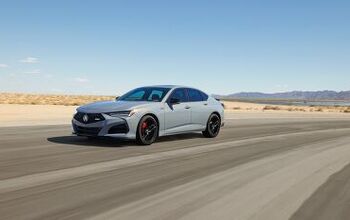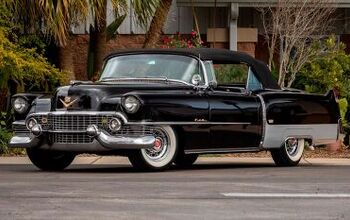2 BR, LDR, EIK, Your Choice Of Prius Plug-in Hybrid, Or IQ EV

In the market to buy a condo in Tokyo? If you buy the right one, it will come with a car. Starting in spring 2012, Toyota plans to launch a condominium-based car-sharing program in collaboration with Japanese real estate developers.
As a start, a condominium building in Meguro, Tokyo, one in Suginami, also in Tokyo, and one in Aichi will each receive a couple of the Prius Plug-in Hybrids and the iQ EVs. Both cars are scheduled for a 2012 launch. The cars will be managed by nearby Toyota vehicle rental and lease companies. Toyota sees this as a test to “investigate further methods to promote EV-use based on the results of this program.”
Says Toyota: “Car sharing has become more popular among people in urban areas who do not own cars, and it is also gaining public attention as a countermeasure against global warming and oil dependency.” Also, owning and especially parking can be a major hassle in Japan’s inner cities.
Also according to Toyota, the upcoming Prius Plug-in Hybrid has an electric-only driving range of 23.4 km (14.5 miles) before the gasoline engine powers the generator. The iQ-based EV is said to have a range of 105 km (66 miles).

Bertel Schmitt comes back to journalism after taking a 35 year break in advertising and marketing. He ran and owned advertising agencies in Duesseldorf, Germany, and New York City. Volkswagen A.G. was Bertel's most important corporate account. Schmitt's advertising and marketing career touched many corners of the industry with a special focus on automotive products and services. Since 2004, he lives in Japan and China with his wife <a href="http://www.tomokoandbertel.com"> Tomoko </a>. Bertel Schmitt is a founding board member of the <a href="http://www.offshoresuperseries.com"> Offshore Super Series </a>, an American offshore powerboat racing organization. He is co-owner of the racing team Typhoon.
More by Bertel Schmitt

































Comments
Join the conversation
That would seem to be a great idea for a city like that, especially if you have relatively easy access to most things and only need a car for occasional use.
Golf carts. Do.Not.Want. I'll keep polluting the world on behalf of hippies everywhere.
For places like Tokyo this makes a lot of sense. In the US, I could see this working in places like NYC or Boston. Instead of a Zipcar, your building has a few cars for use. Beyond high density areas where else could this work? Maybe retirement communities where car ownership proves too expensive but limited use for shopping/local travel would be beneficial??
Japan is in the midst of their largest ever electricity crisis. With talk of rolling blackouts and no short-mid-or-long term plan to replace the nuclear power that they are reliant on, but which the citizens now do not want, this ain't gonna pick up steam. Knowing the culture, it could quickly become very selfish/shameful to be seen using electricity so brazenly out in public, when there obviously isn't enough to go around. I bet those cars will stay parked except at night - no Japanese housewife will want to tempt the silent shame of her peers in this way. Oil, they can buy more of but with electricity there is simply a limited supply. It'll be rations for years to come.